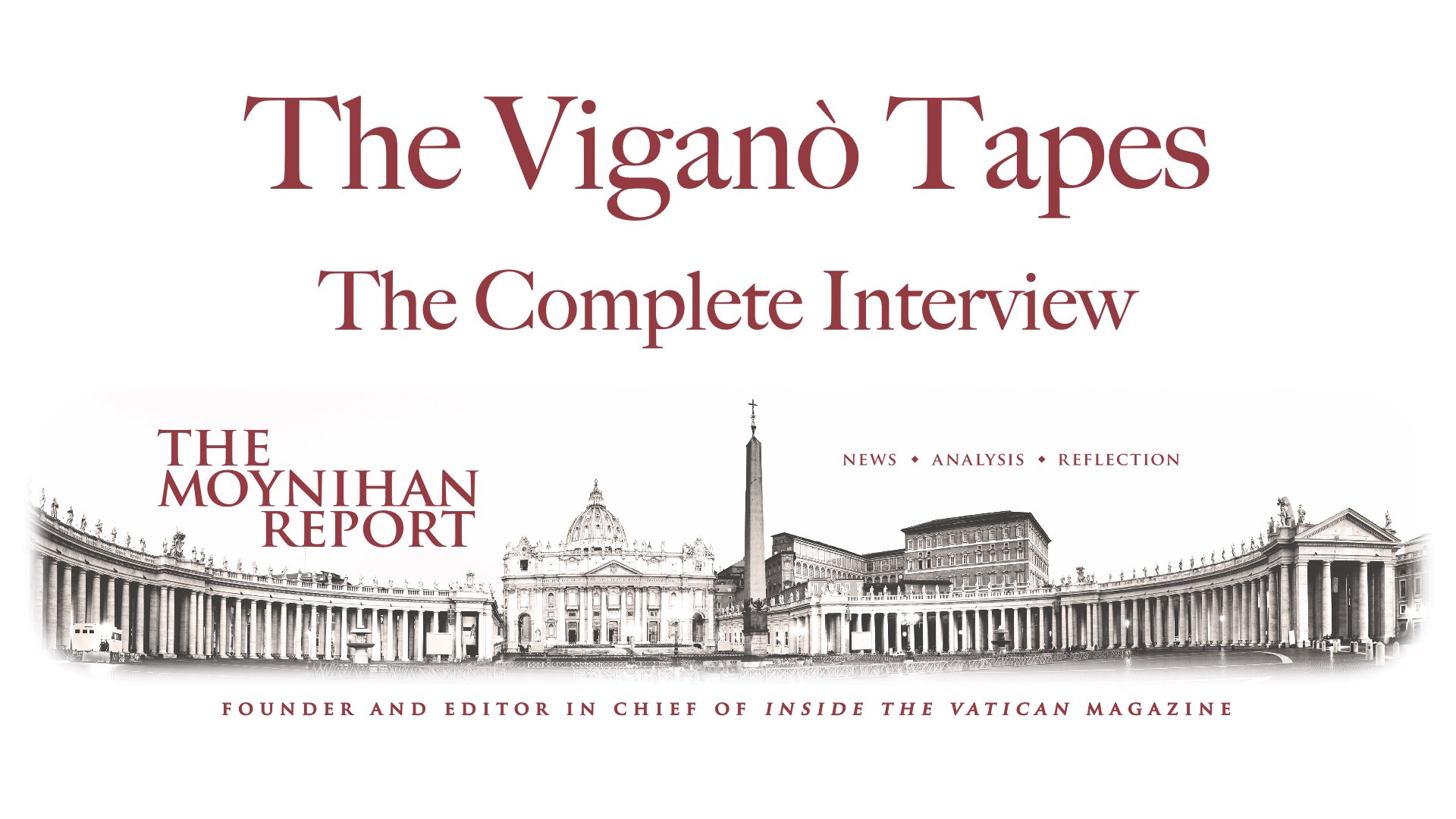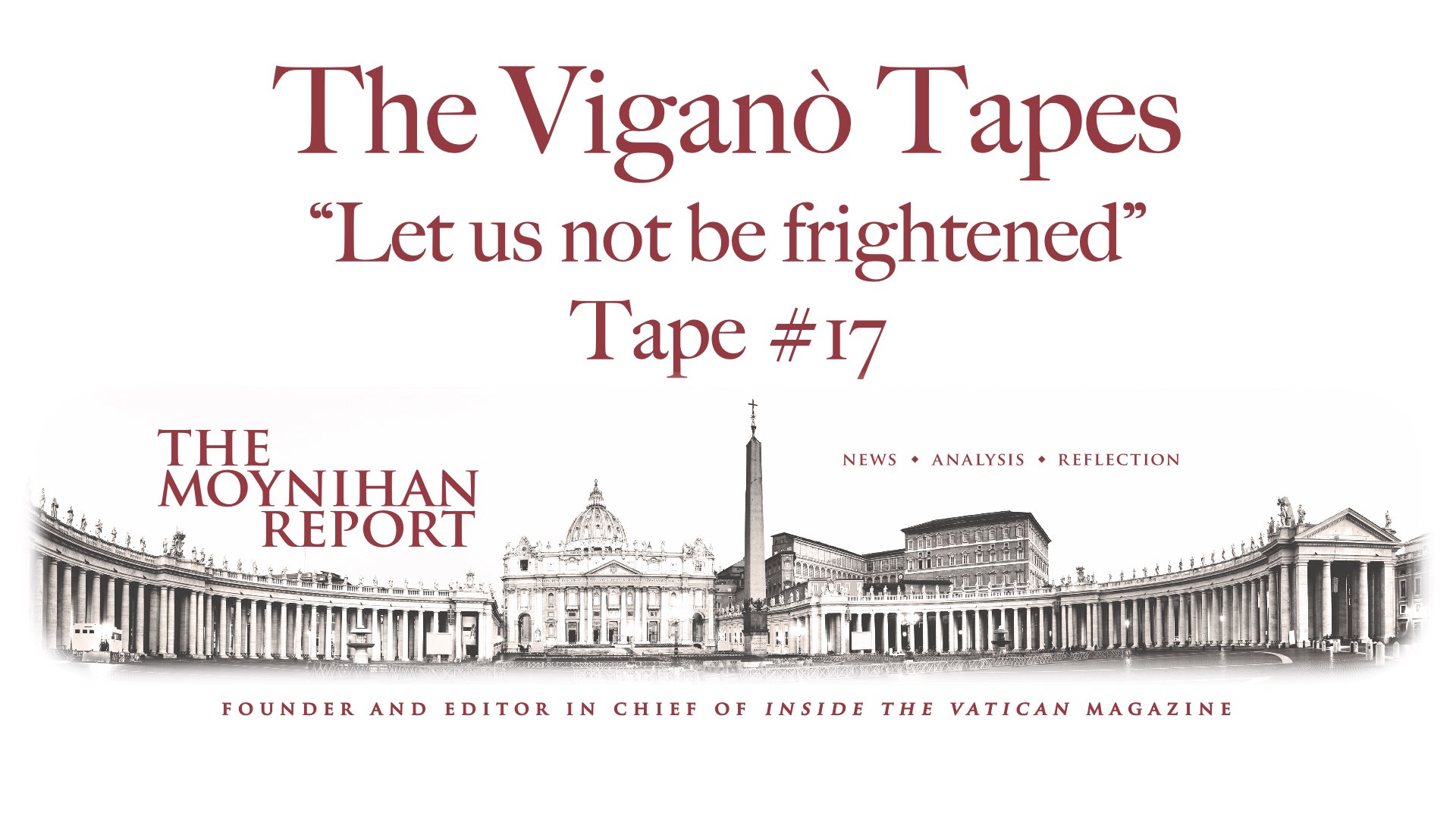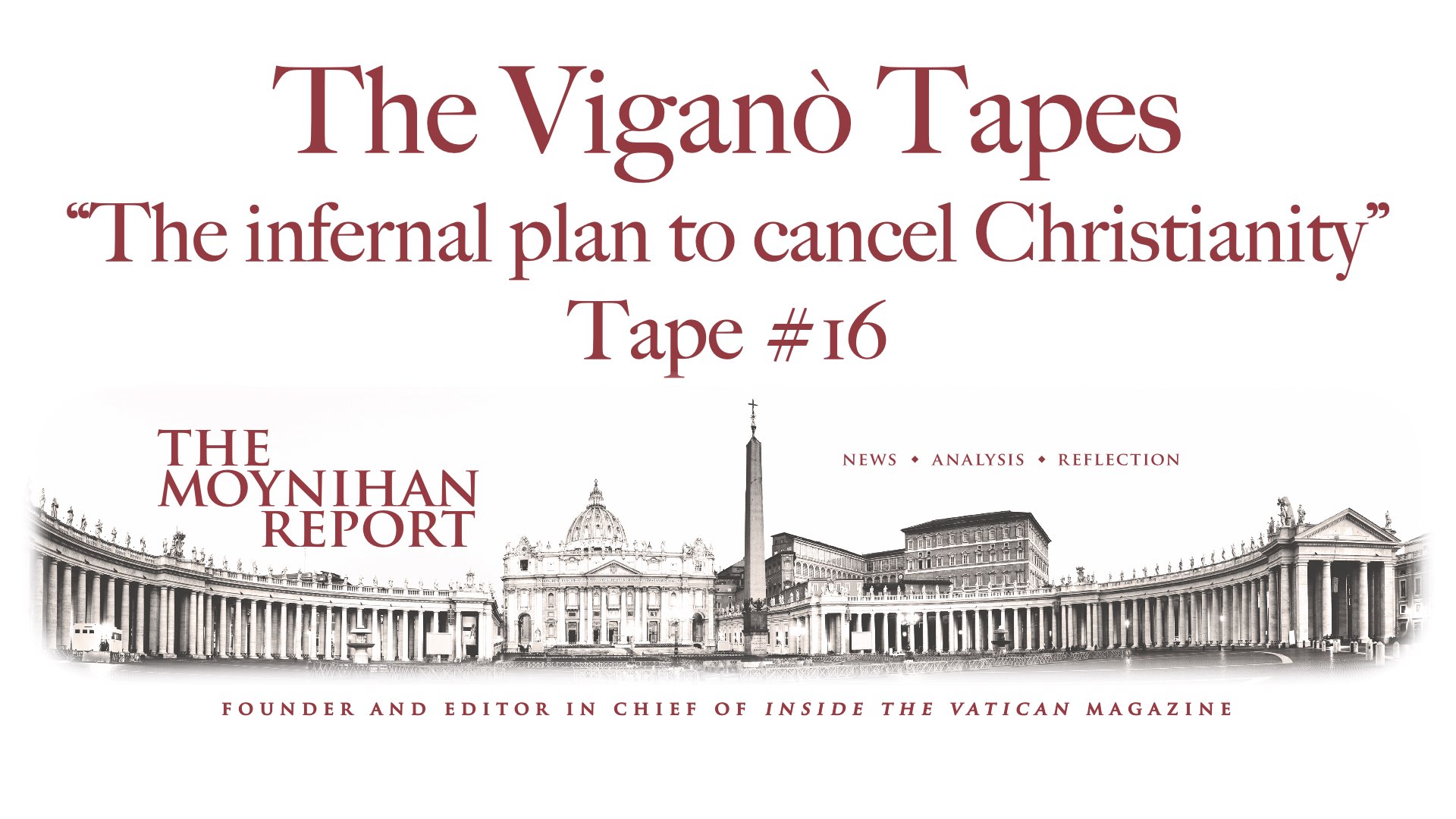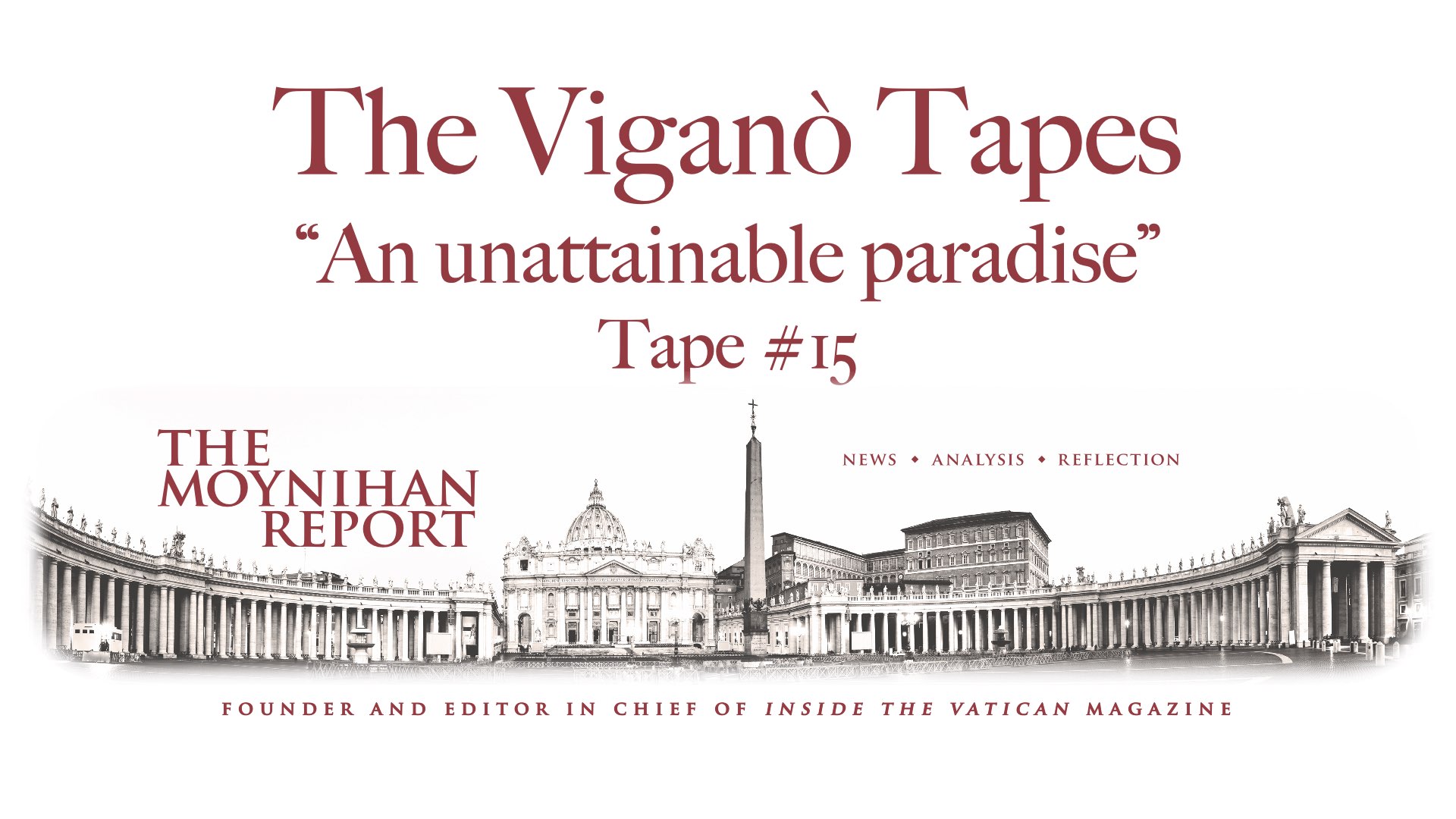The Vigano Tapes
“This is not a coincidence”
Question #14
Question Number 14: But some say the Enlightenment also was influenced by certain Eastern philosophies that started to reach the West. May you comment on this?
The neo-pagan philosophies and currents of Eastern spiritualism have insinuated into our society a positive evaluation of concepts that originated in a Gnostic and Masonic matrix. This is not a coincidence: many of these movements are nothing other than the religious declination of the philosophical principles of the Enlightenment, of relativism, of subjectivism, of liberalism and all the modern errors. Thus the illumination of Buddha – consisting of a sort of awareness of one’s own divinization or of one’s annihilation into a pantheistic whole – finds its correspondent in the blasphemous Universal Declaration of the Rights of Man and of the Citizen, who becomes the center of the world after having ousted Jesus Christ.
True religion defends the individuality of each person in his intimate relationship with his Creator, Lord, and Redeemer and in his relationships with his fellow men. By contrast, in the new anthropocentric conception, the individual is annulled into an indistinct mass in which the State is lord and master of its citizens, and this has laid the foundations for Socialism, Communism, Nazism, and today’s transhumanist globalism. It will not escape notice that, accordingly, the anthropocentric and communitarian approach is the distinctive mark of the Novus Ordo, in stark contrast to the theocentric vision of the Traditional Mass.
I would like to recall that Buddhism, in particular the Buddhism of Soka Gakkai International, is a sort of Eastern version of conciliar ecumenical thought, and it is not surprising that its president, Daisaku Ikeda, collaborated with Aurelio Peccei and the Club di Roma precisely in giving the movement a religious imprint that predisposed its adherents to Masonic and globalist principles, steeped in ecological pantheism and pacifism, which today the Bergoglian church has adopted as its own (here). All of the principles professed by Soka Gakkai coincide with the principles of globalism and the New World Order, borrowing heavily from the same lexicon (here). It is also interesting to note that Soka Gakkai represents a “heresy” of traditional Buddhism, in the exact same way that the conciliar religion is heretical with respect to Roman Catholicism or Zionism is with respect to Orthodox Judaism. When the project of the Universal Religion becomes a reality, the faithful of the religions that do not accept the Masonic and globalist vision will be excluded. But already now we see a true skimming off the top, so to speak, between progressives and fundamentalists.







Facebook Comments